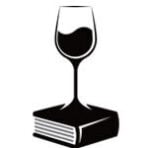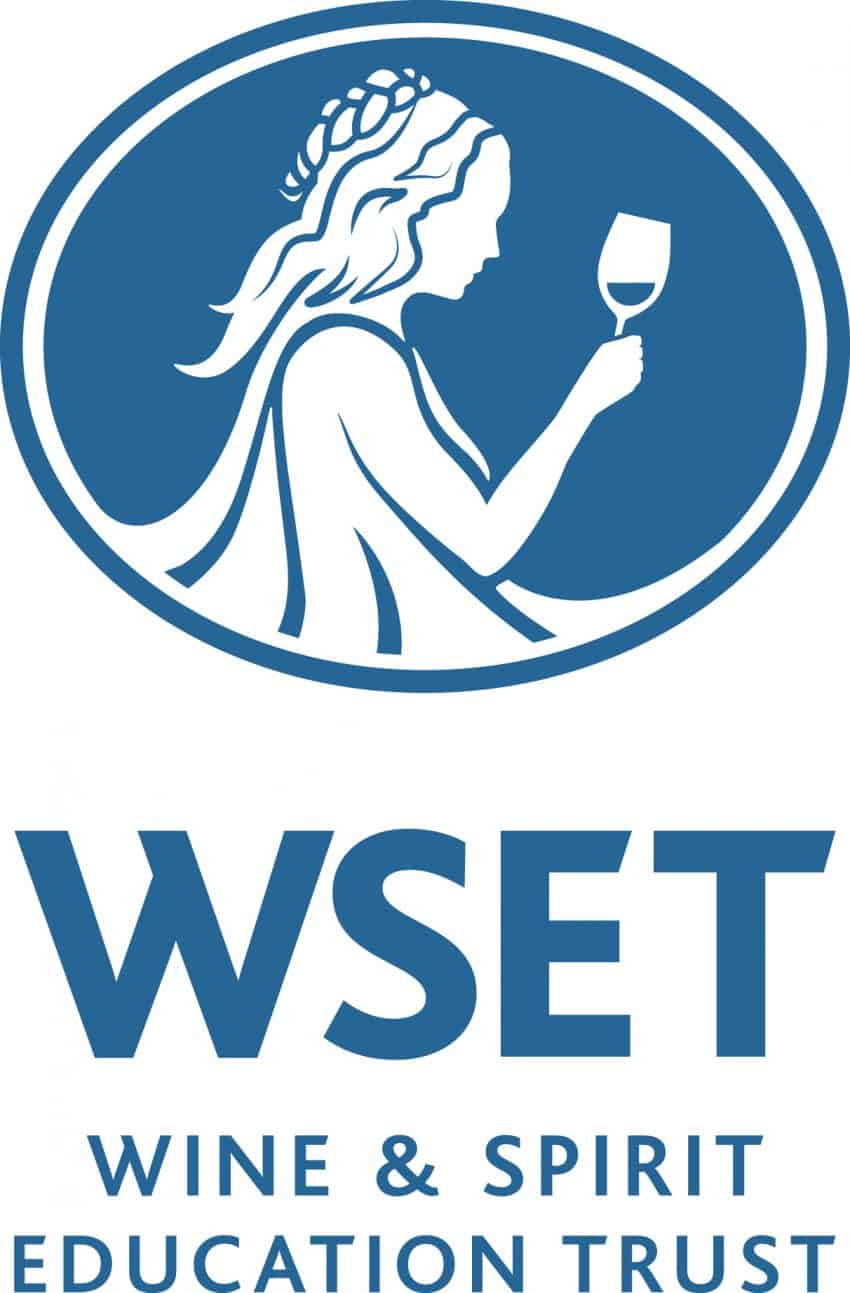When the Wine & Spirit Education Trust (WSET) released its exam wine list for 2024/25, it should have been a moment of validation. After all, the Diploma is marketed as one of the highest levels of wine education. For the first time, the industry could see exactly what students are tested on. Instead, the list revealed what many insiders already suspected: WSET is not a sommelier program, and its credentials don’t train sommeliers.
In this investigative article, we dive deep into flaws in WSET’s academic programming and how it deviates from educational standards.
The Myth of Typicity
WSET’s stated mission is to test recognition of “regional typicity.” But the actual exam wines undermine that promise. Students sitting for the Diploma this year will taste supermarket rosé from Torres, a generic Entre-Deux-Mers white, [yellow tail] Chardonnay, and Central Valley Carmenère. Meanwhile, benchmark wines — Burgundy Chardonnay and Pinot Noir, Northern Rhône Syrah, German Riesling, Rioja, Napa Cabernet, Marlborough Sauvignon Blanc, Barossa Shiraz — are entirely absent.
In other words, the most iconic wines in the world, the very benchmarks sommeliers must identify blind, are missing. Instead, students are drilled on wines chosen not for typicity but for logistics: cheap, consistent, and available to WSET’s Approved Program Providers in 70 countries. Education becomes hostage to distribution.
A Retailer’s Pedagogy
That compromise isn’t accidental. WSET was founded in 1969 by Britain’s drinks industry as a training scheme for shop clerks and buyers. Its curriculum reflects those roots. The emphasis is on systematic description, not on blind recognition or service. The Diploma is excellent preparation for a retail buyer or distributor. But it was never designed as a sommelier credential.
The wine list proves the point. A sommelier must be able to distinguish Barolo from Brunello, or Mosel Riesling from Marlborough Sauvignon, because guests expect it. WSET graduates, by contrast, are tested on Picpoul, Fitou, Lambrusco, and mass-market California Pinot Noir. Useful for shelf talkers; not useful on the floor of a fine-dining restaurant.
Scandals and Systemic Problems
The wine list isn’t the only evidence of WSET’s misalignment with sommelier culture. The organization has faced repeated criticism:
- China Certification Scandal – In 2020, it emerged that WSET had aggressively sold diplomas in China through partners with questionable oversight, sparking accusations that standards were compromised for market share.
- Equity & Diversity Controversies – WSET has been accused of tokenistic responses to diversity and accessibility, with students of color and disabled candidates reporting unequal treatment.
- Educator Complaints – Approved Program Providers complain that WSET’s central control prioritizes revenue and brand consistency over teaching quality. The ban on using substitute wines, for example, forces schools into pedagogical dead ends.
For sommeliers who value integrity, these issues raise a bigger question: is WSET more interested in protecting its brand than in producing competent professionals?
The Alternatives
Contrast WSET with other credentialing bodies. The Court of Master Sommeliers (for all its own scandals) at least emphasizes blind tasting with benchmark wines and restaurant service. The Society of Wine Educators produces professional instructors who can teach both typicity and context. The National Wine School focuses specifically on sommelier skills: blind tasting calibrated against benchmarks, service, and wine list management.
WSET does none of these. It trains clerks, not sommeliers.
Why This Matters
The confusion is costly. Thousands of students spend years and thousands of dollars chasing WSET levels under the impression that they are earning “sommelier credentials.” Employers, misled by the branding, hire WSET graduates assuming they are trained for service. The result: frustration on both sides, and a trade flooded with candidates who know tasting grids but cannot navigate a wine list in practice.
The Takeaway
WSET has value. It is a solid academic program for those who want to deepen their appreciation of wine or work in the supply chain. But let’s stop pretending it is a sommelier program. The newly revealed exam wines — generic, obscure, and often commercially driven — prove the point.
If you want to be a sommelier, look elsewhere. If you want to train the next generation of wine professionals with integrity, stop conflating WSET with sommelier credentials. The trust may educate, but it does not credential sommeliers.

